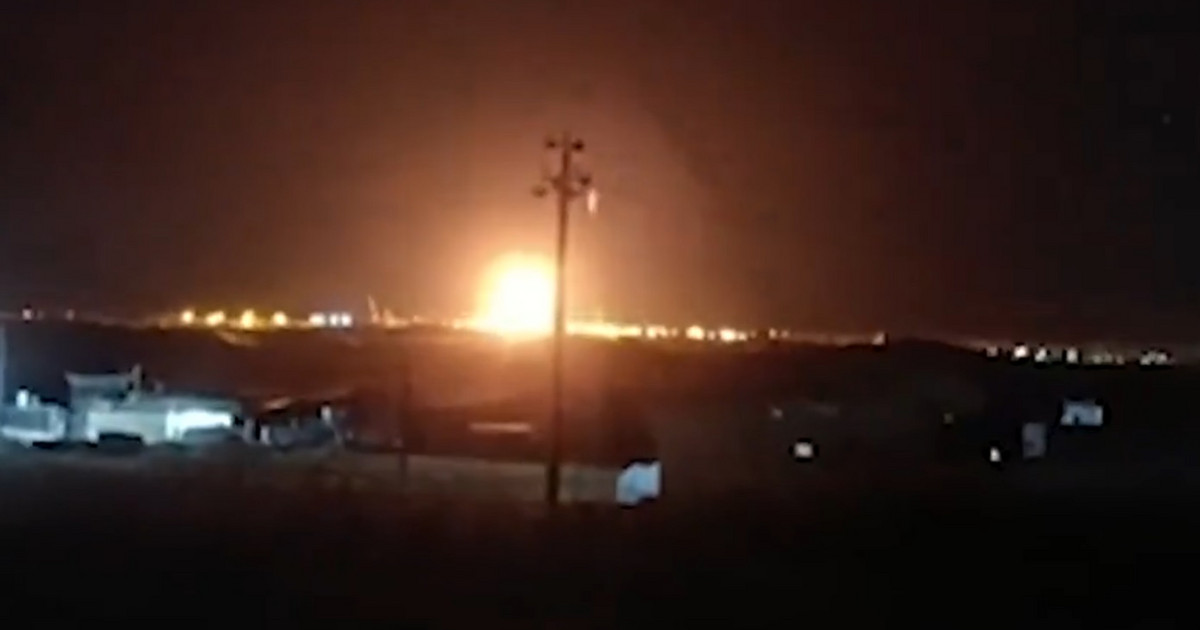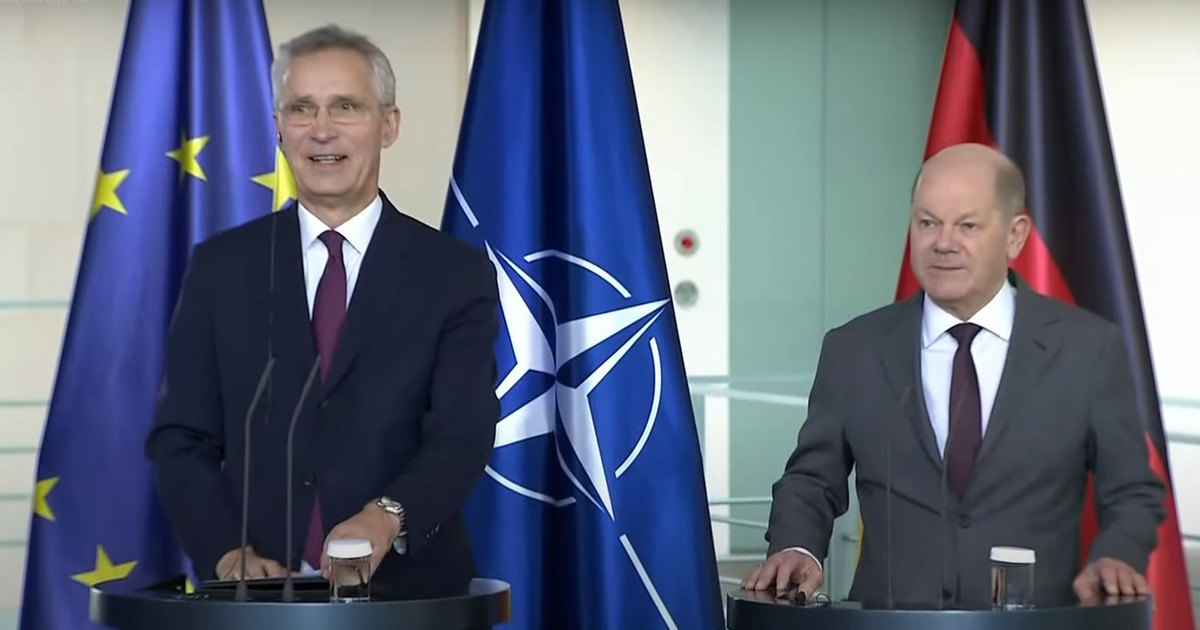By Clara Ferreira Marques
Russian Foreign Minister Sergei Lavrov’s charm offensive in Africa last week, part of efforts to drum up support in the face of Russia’s growing isolation, has unnerved the West.
Is Moscow gaining ground in emerging economies? Why can’t African countries understand that Russia is waging a war of conquest? On the other hand, as expected, it has fueled a propaganda barrage. “Russia is winning the race for Africa,” a presenter on Russian state television told viewers. “The tour turned out to be a triumphant run.”
Both views are far from reality.
Insistent neutrality
Since its invasion of Ukraine in February, there is little doubt that Russia has found more friendly or avowedly neutral partners in the global South than the West would like or expect. Kenya’s representative gave a moving speech to the Security Council addressing the dangerous consequences of Russian chauvinism, yet when the 193-member General Assembly voted on a resolution condemning Russia’s invasion of Ukraine, 35 countries – about half of them in Africa, including of South Africa and Senegal – voted “white”. Others, such as Ethiopia and Morocco, did not vote at all.
Soviet-era anti-colonial ties work to Moscow’s advantage here, along with a widespread distrust of the West, fostered by aggressive Russian disinformation campaigns that frame the war as a “rich world versus everyone else” conflict.
No less crucial, there are defense and security ties – what the Kremlin lacks in investment capacity (and it doesn’t even come close to China’s billions for infrastructure) it makes up for in arms sales and private military contractors, without many uncomfortable questions. Russia is also a major exporter of grain and fertilizer to a vulnerable region in dire need of both. Countries like Egypt, the first stop on Lavrov’s tour, need no particular reminder of the dangers of soaring food inflation.
Limits
However, Lavrov’s destinations – Egypt, Uganda, the Republic of Congo and Ethiopia – speak volumes about the limits of the Kremlin’s effort. Russia’s limited means (and Africa’s patchwork of political systems) force it to adopt a selective approach.
There are no fancy promises of cash from a country struggling to expand its own economy and subject to sanctions and, although Egypt is a major trading partner – there is a reason its leader appeared via teleconference at the anti-Davos organized by president Vladimir Putin in June – other countries are less.
None of the stops on the Russian foreign minister’s trip feature high on the democracy rankings, so this is less of a triumph and more of a tour of authoritarian countries that are happy to get a boost from a like-minded government.
The problem is that this turned out to be enough. Very few African countries have seen the benefit of breaking out of their neutrality – and this is as much about Russia’s non-aligned traditions and historical power as it is about Western disengagement from the continent.
It’s not that Europe and the United States are absent — French President Emmanuel Macron just finished a tour of Cameroon, Benin and Guinea-Bissau — but that they’ve proven easily distracted in other directions.
They tend to portray Africa as a geopolitical battleground and their investment priorities do not always align with the continent’s priorities. After a diplomatic retreat during the Trump years, US embassies remain understaffed, and a summit of US-Africa leaders announced last year (the second, after the first in 2014) has just been scheduled for late 2022. To not we mention the blunder of trying to portray the crisis in Ukraine as a war of “values”, in a continent that has seen little evidence of Western hypocrisy.
To help Africa and contain Russia, this must change.
What should the West do?
It is clear what Russia, which needs friends and trade partners, gets from Africa. It’s a resource-rich region that Europe sees as its backyard, with often weak governments that make it relatively cheap to advance Moscow’s interests (and those of the Kremlin’s close allies who benefit from resource and security deals). .
But what is there for the vast majority of Africans? Russia accounts for a share of foreign direct investment (FDI) in Africa of less than 1% (2020 data) and its stagnant economy is not going to thrive anytime soon as the Kremlin prioritizes Putin’s imperial delusions over economic growth.
Import restrictions, Moscow’s exclusion from international payment systems, and a lack of innovation and research make it an unlikely partner in anything but natural resources, which have long accounted for the bulk of Russian investment on the continent, when the Africa needs technology. Russia accounted for 44% of arms sales to Africa for 2017-21, but even that is set to decline as import restrictions bite and Russia tries to resupply its own armed forces.
Allied governments, eager to support Ukraine as the war drags on, should seize the moment. First, they must recognize today’s food security concerns, particularly through generous financial and logistical support for countries dependent on food and fertilizer imports, as well as generous support for the Food Import Financing Facility of the UN Food and Agriculture Organization; as well as other mechanisms.
Europe and the United States must also recognize that overlapping crises—climate, fuel, security, agriculture—require long-term solutions that include a dramatic increase in renewable energy production, more sustainable fertilizer production and use, more resilient crops, and improved infrastructure to reduce food waste. Private companies can and should crowd into these areas.
Then there is the need for long-term diplomatic engagement and communication. Embassy staff and investment in the kind of media and educational partnerships that China has used very effectively. It is not enough to shake hands in Brussels and Washington when the head of the African Union makes misleading comments about Western sanctions and falls victim to Putin’s “hunger games”. Then it’s already too late.
Source: Bloomberg
I’m Ava Paul, an experienced news website author with a special focus on the entertainment section. Over the past five years, I have worked in various positions of media and communication at World Stock Market. My experience has given me extensive knowledge in writing, editing, researching and reporting on stories related to the entertainment industry.






